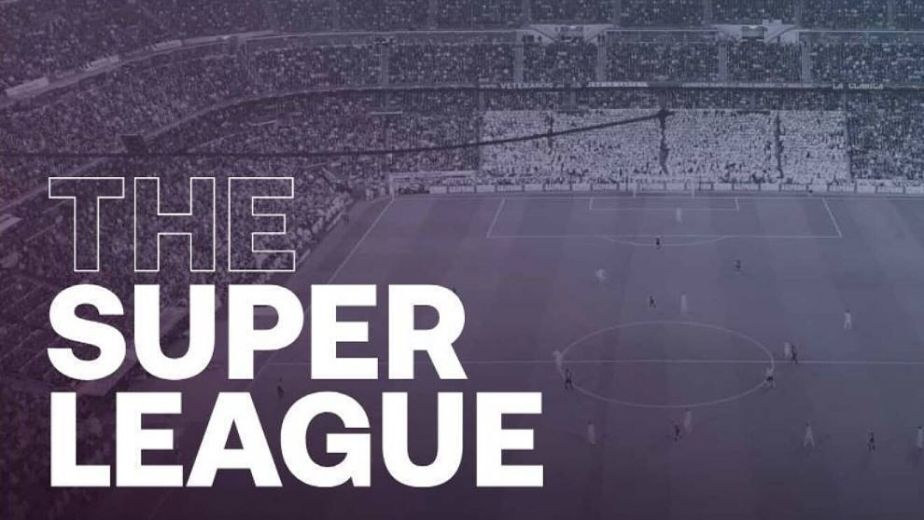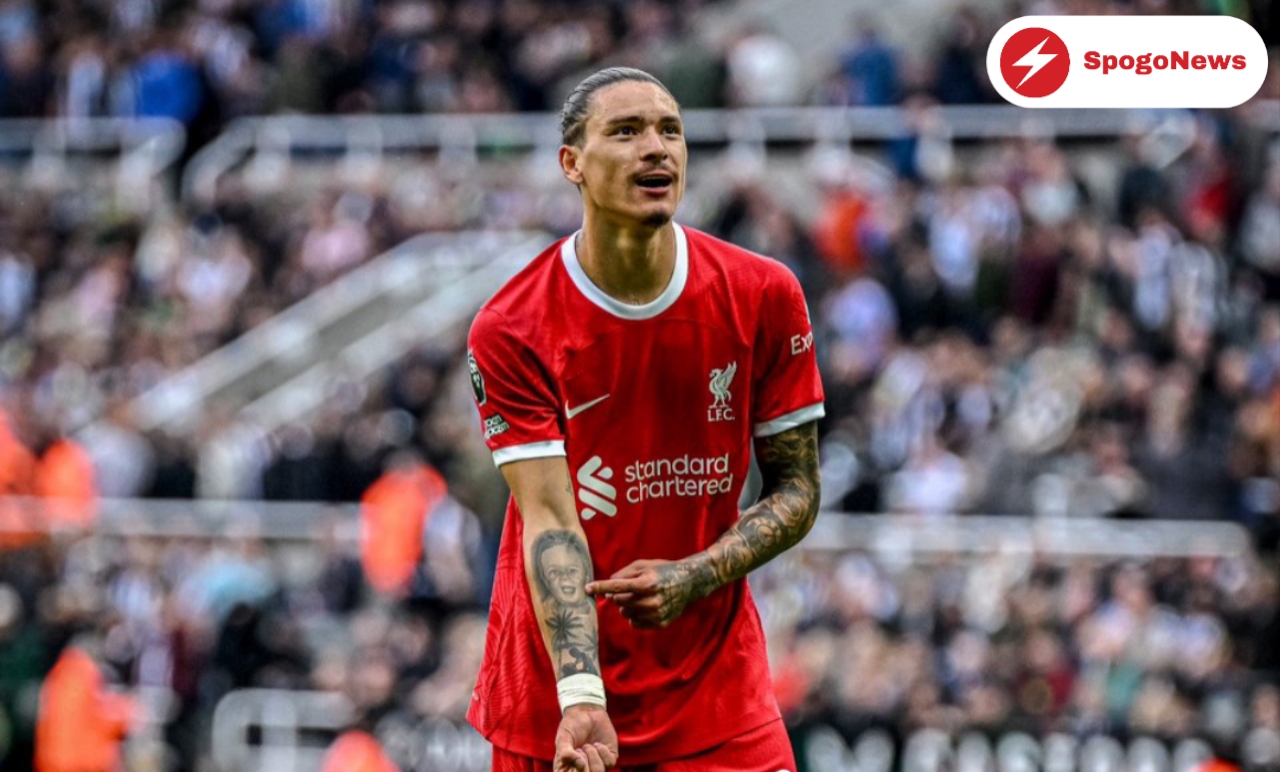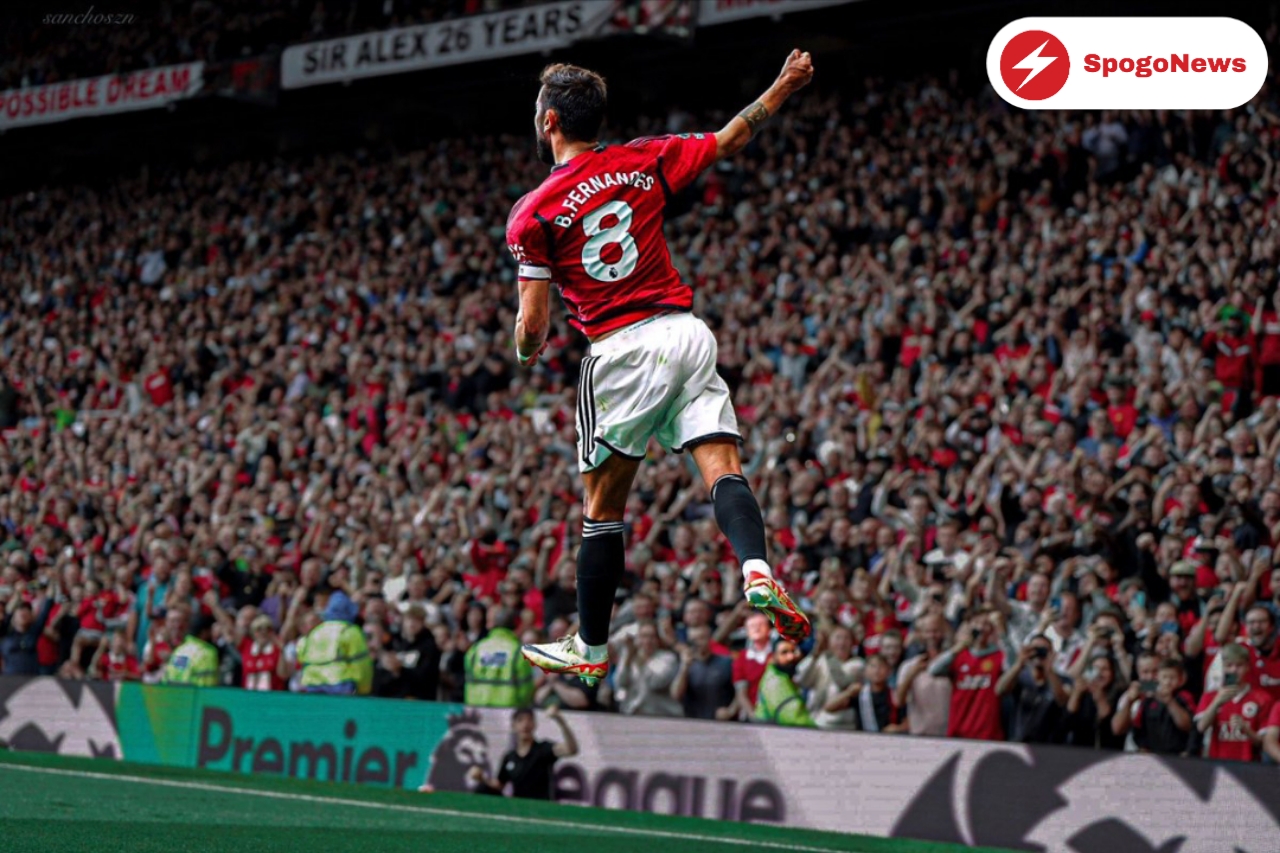It’s been a roller coaster ride for the football world in the last week with 12 major clubs from across Europe announcing the creation of the European Super League that threatened to rip apart not just the Champions League but the domestic club competitions.
For a better understanding of the subject, let’s go back and try to understand what the European Super League is all about. The ‘founding clubs’ of the newly proposed ESL consists of Manchester United, Liverpool, Arsenal, Chelsea, Manchester City, Tottenham Hotspurs, Real Madrid, Barcelona, Atletico Madrid, Juventus, AC Milan and Inter Milan. The intention was to add three more clubs, possibly the likes of Bayern Munich, Borussia Dortmund and Paris St. Germain, however it’s still unclear whether they refused to take part or weren't invited in the first place.
With the global pandemic taking a heavy toll and destabilizing the existing European football economic model, the Super League’s objective was to improve the quality of football matches with blockbuster fixtures where top teams and players could compete with each other regularly. However, if you delve deeper into their business model, the Super League is a ‘closed’ competition in which the founding clubs cannot be relegated based on poor performances and the incentives for clubs to participate in this breakaway league would be purely financial.
When the European Super League was announced last Sunday, the proposal seemed broken and disjointed to say the least. With the involvement of 12 teams in just three countries and seven cities, the announcement not only seemed premature but also unplanned. Managers, players and shareholders were kept in the dark until moments before the press release. There was no PR plan for the day after the announcement, a mediocre website to say the least and no broadcasters on board. What followed was an uproar with fans taking to the streets and social media to vehemently object against financially motivated initiative.

To make matters worse, the managers of these football clubs were left high and dry to face the media while the decision makers lurked in the background waiting for the storm to pass. Manchester City’s manager Pep Guardiola openly criticized the format of the Super League, saying that ‘it’s not a sport when success is guaranteed’. He urged the 12 owners of the founding clubs to explain why they have taken this decision instead of the managers defending the actions of their employers. Liverpool’s manager Jurgen Klopp reiterated his comments about the Super League that he made in 2019 about hoping that the Super League doesn’t happen but the developments are out of his control.
Even footballers spoke against the European Super League with the likes of Bruno Fernandes, Luke Shaw, Marcus Rashford and James Milner making their thoughts clear on the subject. The overwhelming response against the Super League led to Manchester City, Chelsea, Manchester United, Liverpool, Arsenal and Tottenham quickly announcing their withdrawal from the competition just 48 hours after announcing their participation. This domino effect resulted in Atletico Madrid and Inter Milan also following suit, leading to a swift collapse.
What can we expect from the European Super League in the future? Florentino Perez, the President of the ESL has reiterated that the 4.6 billion pound initiative is on standby and the clubs have signed a ‘binding contract’. Perez remains convinced that the Super League is the way forward to maintain the interest of the younger generation and ensure the financial stability of Europe’s elite football clubs. He has claimed that the partners are working on a new proposal and the Super League is far from over.
The 12 founding clubs face the possibility of sanctions not just by UEFA and FIFA but also from their domestic leagues despite many having already announced their withdrawal from the Super League. The most damaging aspect for these football clubs would not be the monetary loss or the deduction of points but the fractured relationships between the decision makers (owners and chief executives) and the fans. Ed Woodward, Chief Executive of Manchester United has already resigned following the collapse of the European Super League with Chelsea fans calling for the resignation of Bruce Buck, Arsenal fans asking Vinai Venkatesham to step down and Man City’s CEO Ferran Soriano and Liverpool’s chairman Tom Werner finding themselves in similar positions.
It remains to be seen what the future holds for the European Super League but the one thing that has truly come to light is that football club owners are not as powerful as they think. As the legendary football manager Sir Matt Busby once said, “Football is nothing without fans” and that has never been more true than it is today.













